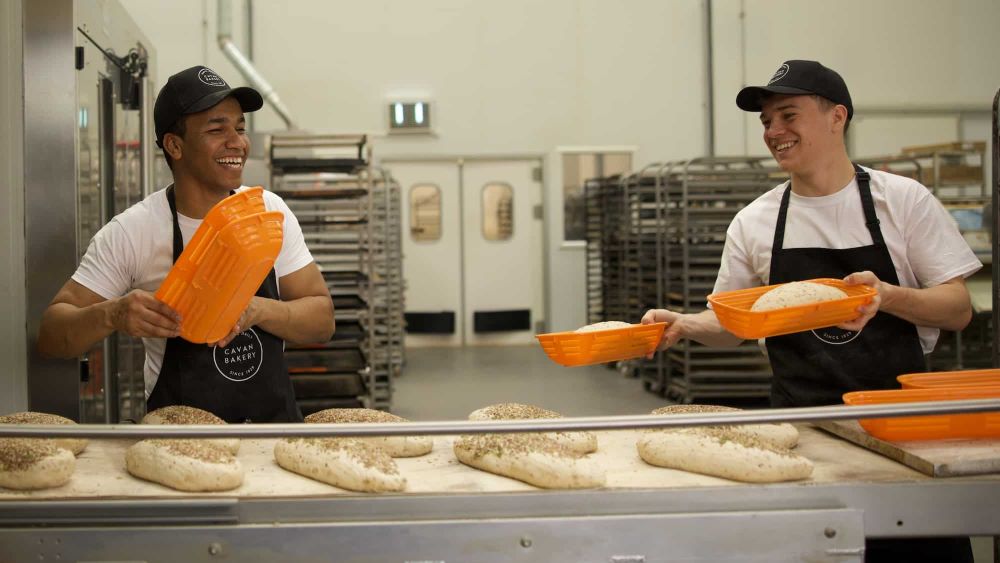Change your business address
If you're a full access user, you can update your business, registered, mailing and personal addresses within Online for Business and the Business banking app.

Practical guides to support you in developing your business - from starting-up and managing it day to day, to growing and trading internationally.

Access our free learning platform, workshops and other resources to help your business thrive in a digital world.

Our dedicated hub provides access to the right tools, expertise and finance to help your business grow.